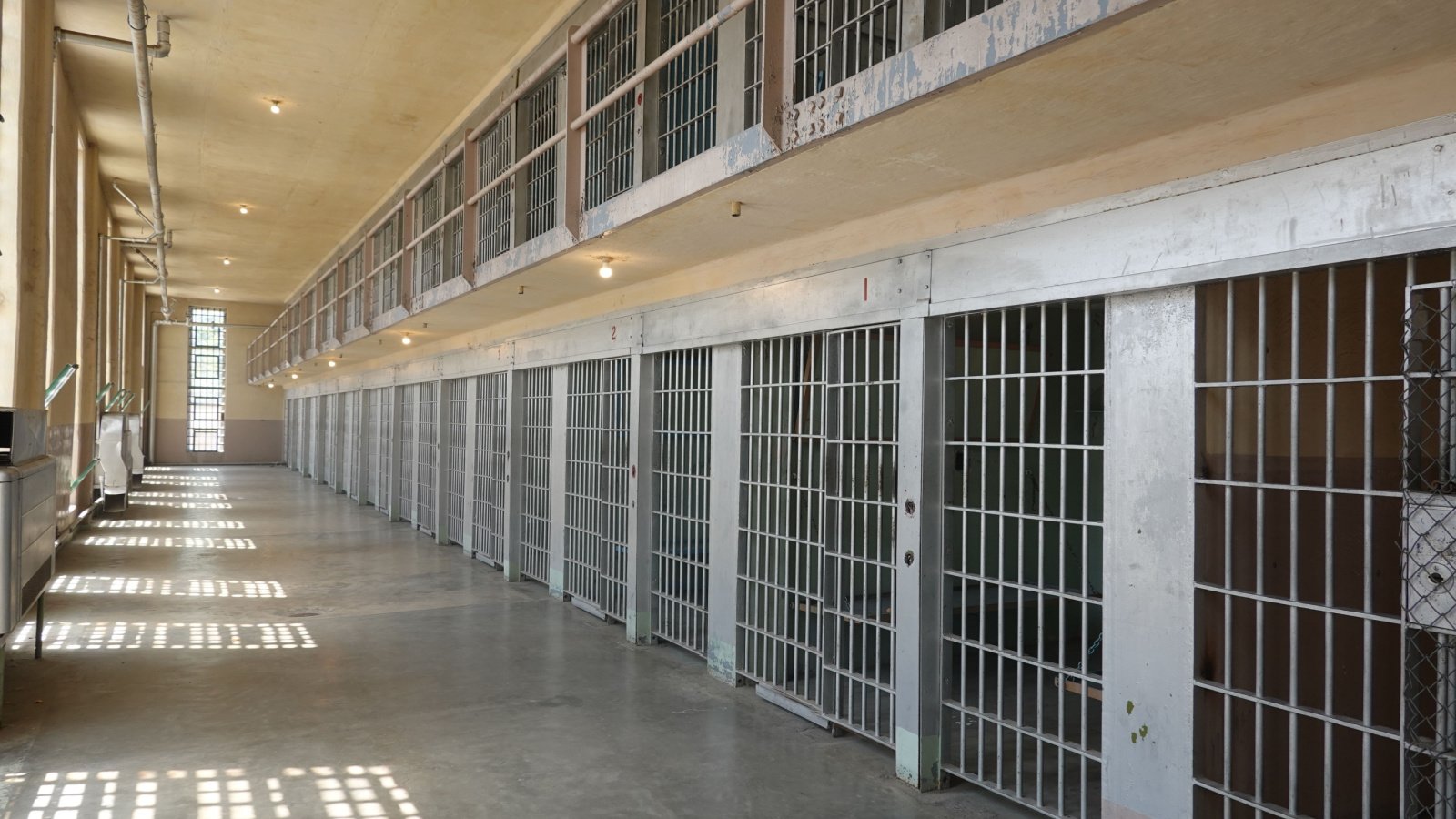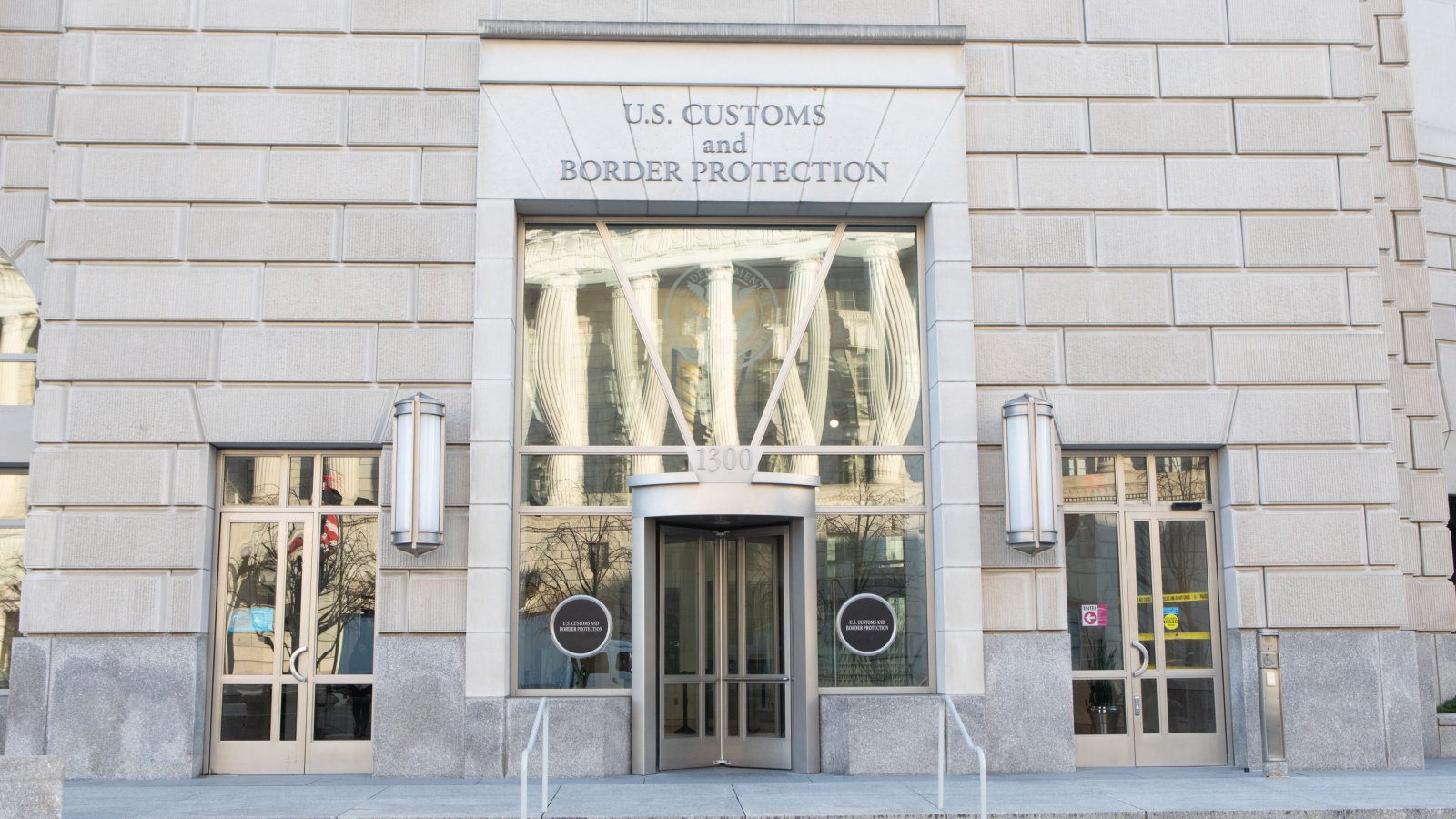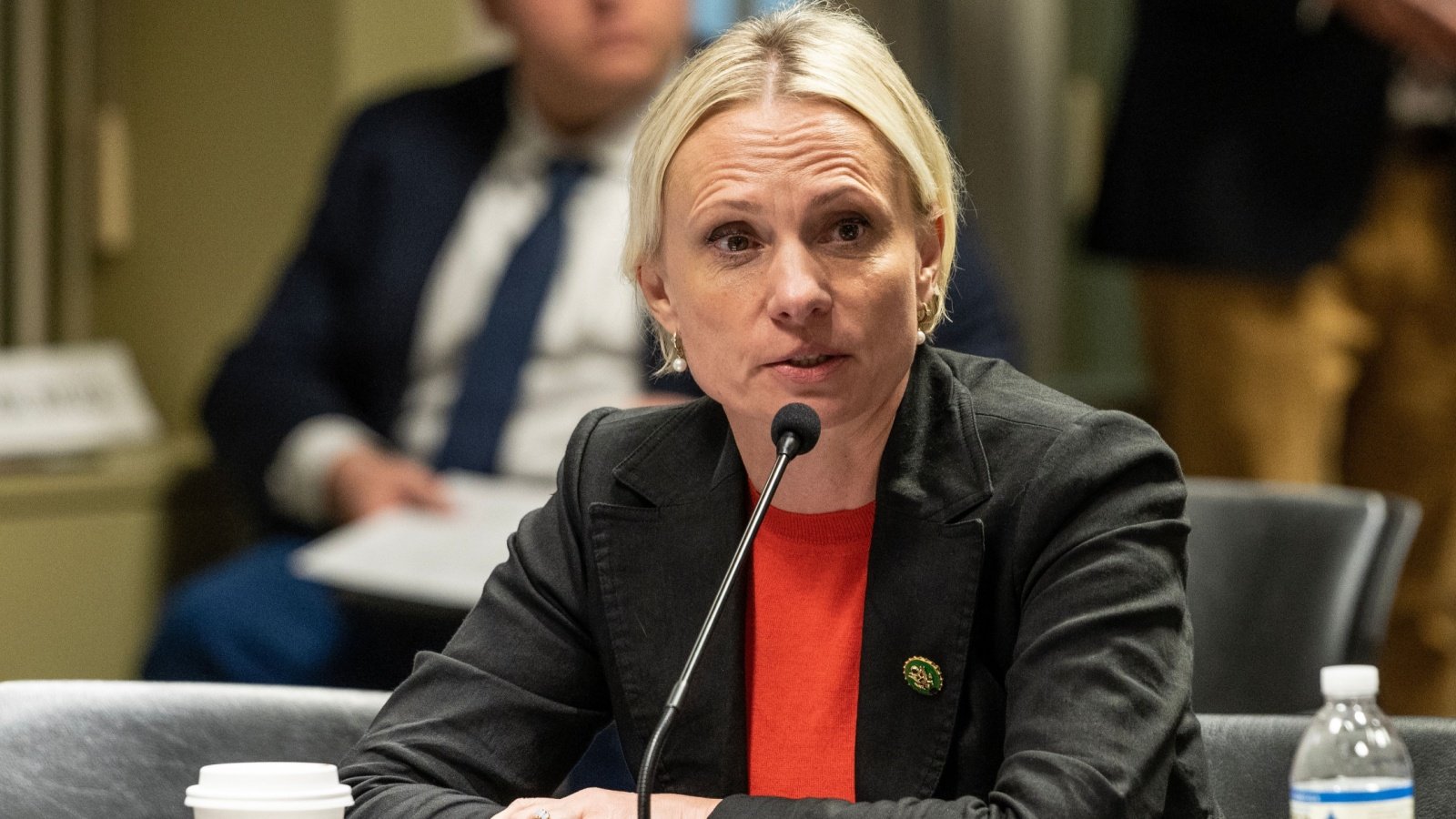The Georgia legislature is in the process of debating a bill that significantly increases immigration enforcement by mandating local law enforcement’s collaboration with ICE. The bill’s implications could lead to profound changes in community policing and the state’s approach to immigration.
Georgia’s New Directive

In the heart of Atlanta, Georgia’s House Republicans are championing a bill aimed at enforcing local law enforcement to actively participate in the identification and detention of undocumented immigrants for deportation. The decision came after a vote of 97-74 in favor of House Bill 1105, following a tragic incident at the University of Georgia, prompting a move to the state Senate for further discussion.
Tragic Catalyst

The arrest of Jose Ibarra, a 26-year-old Venezuelan national, on charges of murder and assault in connection with the death of 22-year-old nursing student Laken Riley, has sparked a statewide debate. Ibarra’s illegal entry into the U.S. in 2022 and his current status in the country has become a focal point in the aftermath of the tragedy that unfolded on the University of Georgia campus.
A Young Life Lost

Laken Riley, a dedicated nursing student at Augusta University’s Athens campus, met a tragic end on February 22, sparking an investigation after failing to return from a morning jog. Her journey, which began at the Athens campus of the University of Georgia, was cut short, leaving a community in mourning and a family seeking justice.
Enhanced Enforcement Measures

The proposed bill not only mandates a closer collaboration between jail officials and U.S. Immigration and Customs Enforcement (ICE) but also introduces new requirements to ensure individuals’ legal status in the country is verified. Representative Jesse Petrea from Savannah underscores the necessity of this measure to uphold existing state laws and safeguard American citizens.
A Call for Justice

Amidst the sorrow of an unimaginable loss, Representative Houston Gaines of Athens emphasizes the importance of policy reform, not as a political maneuver, but as a moral obligation to prevent future tragedies. The debate extends beyond politics, touching the very core of human decency and the collective responsibility to protect one another.
Opposition and Concerns

Critics of the bill, including many sheriffs, argue against the perceived neglect of existing laws, emphasizing the potential for misdemeanors against non-compliant sheriffs and the withdrawal of state funding for uncooperative jails. The contention highlights a division in the approach to law enforcement and immigration policy.
Democratic Voices

Democrats raise alarms over the bill’s potential repercussions, including prolonged detentions, the separation of families, and a growing mistrust towards the police within immigrant communities. Representative Esther Panitch voices a poignant critique, stressing the need for justice for Laken Riley while challenging the efficacy and intentions behind the proposed legislation.
A Step Towards Stringency

Georgia’s latest legislative push places it on a path similar to Texas, known for its stringent immigration policies, including the power for police to detain migrants who enter illegally and for local judges to issue deportation orders. This move echoes Georgia’s own history with tough immigration laws, particularly the significant legislation passed in 2011, from which it later retreated partially.
Political Strategies and Opinions

The debate over immigration laws brings to light the political dynamics within Georgia’s legislature, with Rep. Pedro Marin highlighting the use of fear-mongering as a political tool. In contrast, Rep. Rey Martinez insists the Republican focus is strictly on criminal elements, not immigrants at large, emphasizing a pursuit of justice rather than a blanket targeting of immigrant communities.
Critiques and Defenses

The controversy surrounding the proposed bill is further ignited by direct criticisms of individuals like Ibarra, with Rep. Petrea sharply condemning his claim of seeking asylum as a guise for illicit activities. The bill’s advocacy for closer cooperation with ICE through 287(g) agreements reveals a divided stance on immigration enforcement, with the current administration showing less enthusiasm for such collaborations.
The 287(g) Agreement Impact

Georgia’s engagement with the 287(g) program, allowing local enforcement of immigration laws, remains limited, with only a handful of counties participating. This reflects a broader national debate over the role of local jurisdictions in immigration enforcement, with recent years seeing a pullback from such agreements in several Georgia counties amid concerns over their impact on community cohesion and family integrity.
Local Versus Federal

The divergent views on local cooperation with federal immigration authorities underscore a contentious debate about public safety and the enforcement of immigration laws. While proponents argue for the necessity of local involvement to uphold national laws and ensure safety, critics, including House Democratic Whip Sam Park, lament the program’s divisive and damaging effects on families and communities, highlighting the emotional and social toll of such policies.









WhatsApp web’ https://www.ws-nnd-whatsapp.com WhatsApp Web provides an intuitive messaging platform. . Date: 2026-01-14 00:47:33 (-03).
Awesome post! Join the fun at https://www.web-koi-whatsweb.com 使用 WhatsApp 网页版,方便快捷的社交管理让您更轻松处理信息。 . Date: 2026-01-14 16:28:37 (-03).